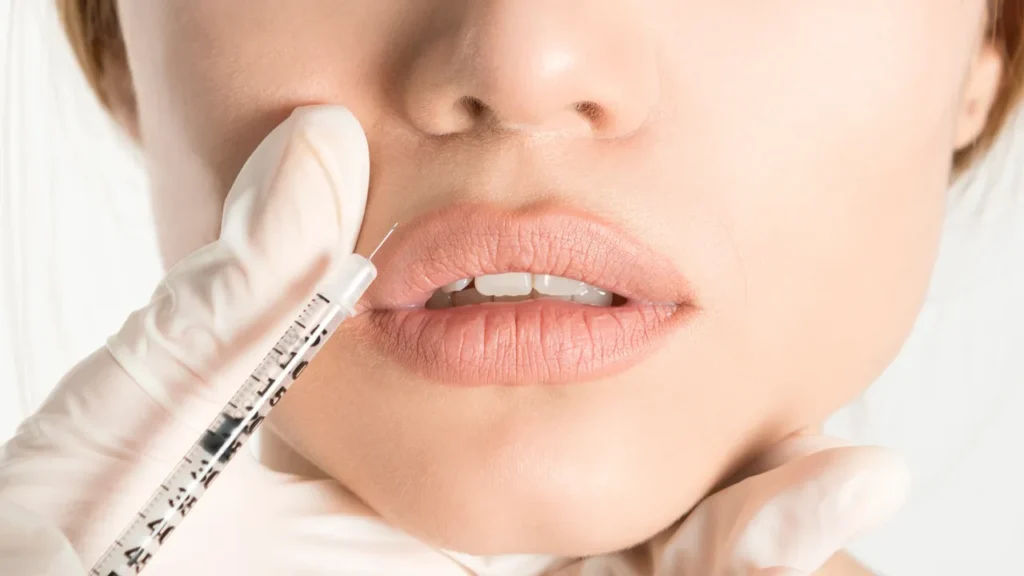
The quest for youthful vitality and sculpted contours isn’t just a cosmetic pursuit. It often begins at the intersection of daily habits and scientific enhancement. While trends in beauty come and go, experts in both nutrition and aesthetic medicine have long recognized that long-term results are rooted in consistent care, inside and out.
In recent years, collaborations between nutritionists and plastic surgeons have gained traction. They’re uncovering surprising relationships between what we eat and how our bodies respond to surgical enhancements. From collagen synthesis to post-op recovery, the food on your plate can play a crucial role in shaping outcomes.
Nutrition’s Role in Surgical Outcomes
There’s a growing consensus that nutrient-dense foods can amplify the effects of body contouring procedures. For instance, certain fruits rich in monounsaturated fats, like avocados, have been studied for their potential to support skin elasticity and minimize inflammation. Integrating these foods into a well-balanced diet may provide benefits beyond the metabolic level, contributing to more youthful skin over time, mainly when supported by consistent consumption of foods shown to enhance skin health and elasticity.
This approach becomes even more relevant when looking at abdominal contouring surgeries. Procedures that focus on reshaping the midsection require not only surgical precision but also post-surgical discipline. Patients who follow post-surgical dietary guidance often experience better skin tone and reduced bloating, two factors that can visibly impact recovery outcomes.
The Relationship Between Diet and Recovery
Modern body sculpting is as much about preparation and aftercare as it is about the procedure itself. Surgeons frequently advise patients to boost their intake of anti-inflammatory and hydrating foods both pre- and post-operation. Meanwhile, nutritionists often design meal plans that help reduce water retention, stabilize blood sugar levels, and optimize healing. This cooperative strategy ensures patients are approaching their goals holistically.

- Interestingly, these professional alliances are pushing beyond just recovery strategies.
- Plastic surgeons are increasingly recommending diet modifications as part of the consultative process.
- By encouraging prospective patients to make nutritional adjustments before surgery, they help set a realistic baseline, making post-surgical results more pronounced and sustainable.
Nutrition also impacts the body’s ability to synthesize collagen and maintain elasticity, two essential components for healing post-procedure. Incorporating vitamin C-rich foods, lean proteins, and omega-3 fatty acids helps support these biological processes. When dietary strategy is aligned with a recovery plan, the body is better equipped to respond and heal effectively.
Sustaining Results Through Daily Habits
| Habit or Practice | Benefit | Impact on Aesthetic Outcomes |
|---|
| Thoughtful eating habits + body contouring | Helps sustain body contouring results | Longer-lasting results |
| Reducing processed foods | Supports natural regenerative processes | Promotes healthier fat distribution and resilient skin |
| Increasing water intake | Hydrates cells and flushes toxins | Enhances skin elasticity and reduces bloating |
| Consuming antioxidants | Fights oxidative stress | Supports healing and maintains skin quality |
| Eating fiber-rich vegetables | Aids digestion | Reduces bloating, improves visual presentation of surgical results |
| Staying hydrated | Maintains healthy organ and skin function | Minimizes bloating, supports tissue recovery |
| Shifting to a whole-food diet post-op | Reduces inflammation, supports energy | Improves healing, lowers complication risks |
A Collaborative Path to Lasting Beauty
While plastic surgery and nutrition may seem like disparate disciplines, they both share one key objective: enhancing how people feel in their own skin. When coordinated thoughtfully, this partnership brings an elevated dimension to wellness and self-care. As more research and case studies highlight the benefits of combining the two, expect this cross-specialty approach to become standard practice, not just optional advice.
Even mental wellness plays a role. Patients who feel good internally are more likely to adhere to post-surgery guidelines, stay motivated with nutrition, and report overall satisfaction. Confidence isn’t just about appearance—it’s deeply tied to how well our internal systems are supported.
- Taking a comprehensive view of beauty means recognizing that no single intervention holds all the answers.
- It’s the integration of multiple small, informed actions—both medical and lifestyle—that produce the most sustainable changes.
- By approaching beauty as a holistic endeavor, we empower ourselves to make better choices daily.
Because at the end of the day, beauty isn’t built in a single appointment or diet plan. It’s the sum of smart decisions, sustained habits, and expert-guided strategies. Whether sculpting the body surgically or refining it nutritionally, the most compelling results often come from where these paths converge.
From the kitchen to the clinic, beauty has never been so interdisciplinary.
Summary
Dissatisfaction with the results of plastic surgery can occur for reasons that aren’t due to a surgeon’s expertise or incompetence. You may need more time to heal, or your surgery may be a multi-step process. In some cases, your body image and expectations may be part of the problem.
Yet some people really are injured by a botched procedure or its complications. Your surgeon may be willing to work with you on a remedy, or you can seek a second opinion. If you cannot achieve an agreement or solution, consider speaking to an attorney who specializes in medical malpractice.
